In the new contract that is currently being tendered, the Alicante City Council has increased its budget for animal collection, care, and adoption by 20%, resulting in a total of €343,439 over a two-year period.
According to a council statement, this budget increase will enable the new powers granted to local authorities under the new legal framework to be implemented, as well as address the rise in the number of animals cared for at the municipal shelter, which has increased by over 1,000 in the past year and a half.
The significance of fostering “responsible pet ownership” was underscored by the Mayor of Alicante, Luis Barcala, who visited the facilities with the Councillor for Health and Animal Protection, Cristina Cutanda. “When we choose to cohabitate with a pet, we commit to ensuring its welfare and rights, as well as fulfilling the responsibilities and obligations that this entails,” he stated.
He expressed his regret that uncivil behaviour, such as animal abandonment, continues to occur, despite the growing public awareness of the responsibility we have towards companion animals and the commitments that living with them entails.
He observed that these behaviours can result in fines ranging from 10,000 to 50,000 euros and may even be considered criminal offences if they result in death, severe injury, or if the animal’s life is at risk.
The number of declarations of abandonment processed in Alicante in 2024 was nine, while there have been twelve so far in 2025. Consequently, the number is on the rise.
The Mayor has requested that Alicante residents who desire to add a pet to their families “opt for adoption.” This will help dogs like ‘Granada’ (805 days), ‘Halcón’ (647 days), and ‘Gabriela’ (640 days) find a family. ‘Corina’ holds the “sad record,” having spent 810 days at the shelter, a period exceeding two years.
The Alicante Animal and Plant Protection Society has taken in a total of 1,115 animals at the municipal shelter over the past year and a half, from January 2024 to June 2025. In 2024, 713 animals were rescued, including 487 dogs, 111 cats, and 111 other animals (e.g., birds, horses, rabbits, ferrets).
Of the 713 animals that were collected, 255 were placed up for adoption, 252 were returned to their owners due to loss or escape, and the remaining 134 are being held until an adoptive home is located. In 2024, the average number of creatures in custody was approximately 75 per month.
Regarding the cats, 56 of the 111 that were collected were adopted, while 17 were returned to their owners. In the city of Alicante, cats have not been collected unless they are sick, in peril, or located in specifically sensitive areas that could potentially pose a problem under current regulations since 2015.
Since 2016, the CES/CER (capture, sterilisation, and release) method has been implemented by the Alicante City Council. The capture, sterilisation, and release service annually sterilises between 250 and 300 cats from feline colonies in the city.
A total of 402 animals were rescued in the first six months of 2025, with 221 of them being canines, 75 being cats, and 126 being other animals. 97 of the rescued canines were returned to their homes after having escaped or been lost by their owners, while 69 were adopted. The remaining individuals are still in foster care. Twenty-nine animals were adopted.
The average number of animals in care on a monthly basis has increased to 95. The data indicates that the number of animals taken in has increased (109 in June), whereas the number of animals adopted has remained low.
The obligation to provide a 24-hour service, 365 days a year, is one of the new powers for city councils that were established by Law 7/2023, of March 28, on the Protection of Animal Rights and Welfare, and Law 2/2023, of March 13, of the Generalitat, on the Protection, Welfare, and Ownership of Companion Animals and other Animal Welfare Measures of the Generalitat. However, the Alicante City Council asserts that it has been providing this service since 2019.
The removal of abandoned or stray animals from public roadways and their placement in suitable enclosures or facilities is the responsibility of the Department of Health and Animal Protection. This is to guarantee the individual and comprehensive care of these animals while also preventing public health and animal welfare risks. Furthermore, the Department of Health and Animal Protection provides individualised veterinary care to domesticated animals.

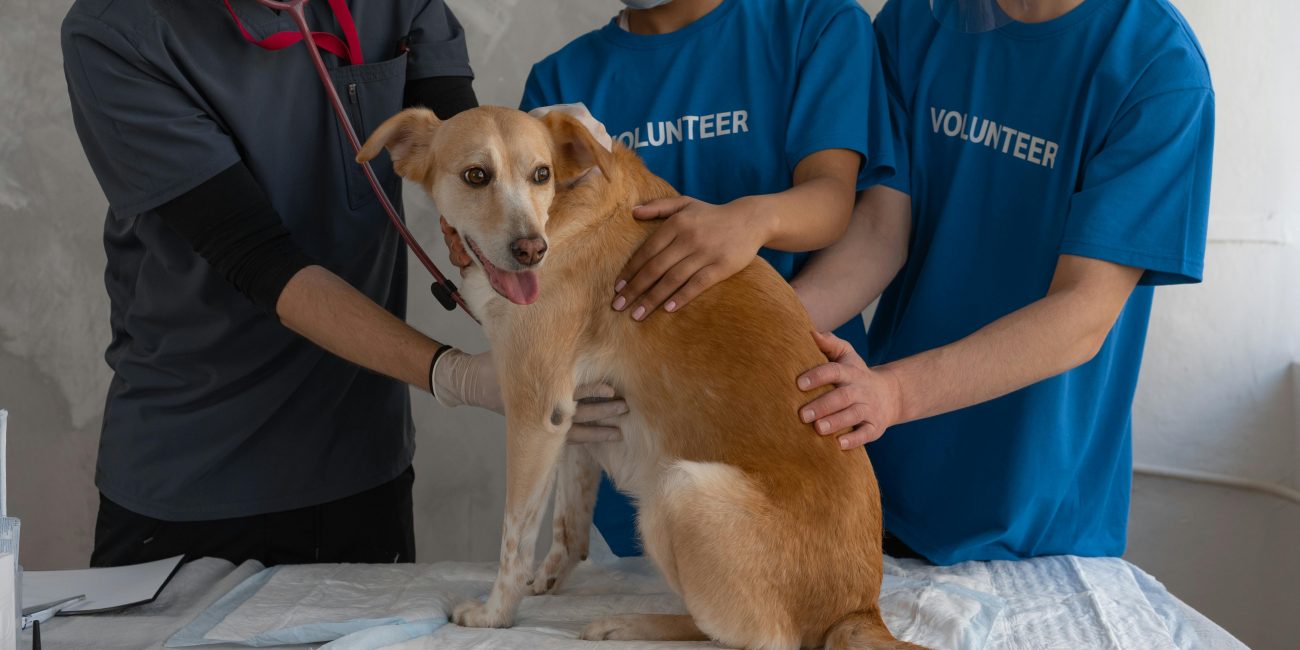



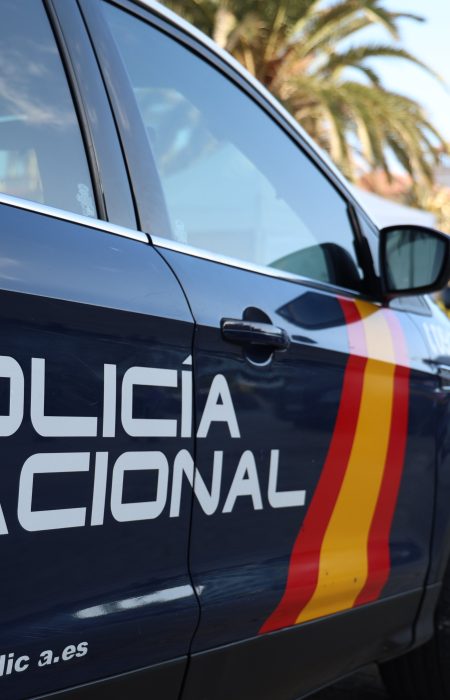
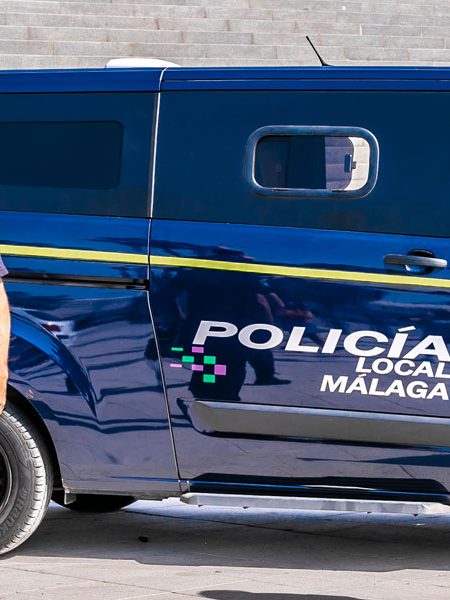
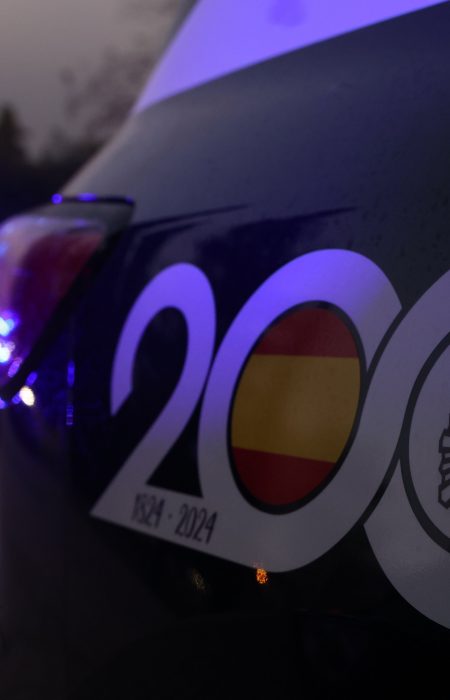
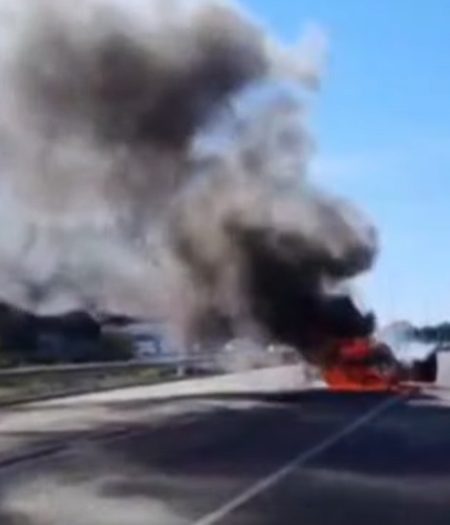
No Comment! Be the first one.